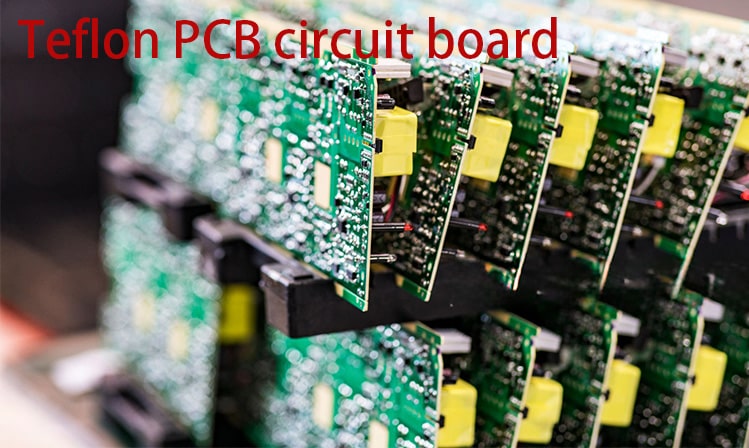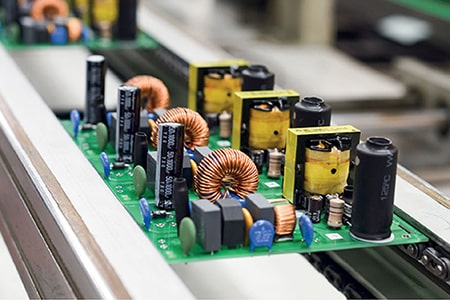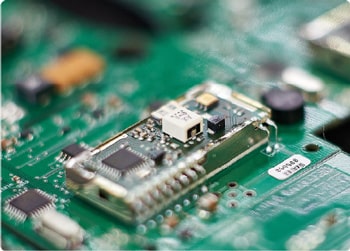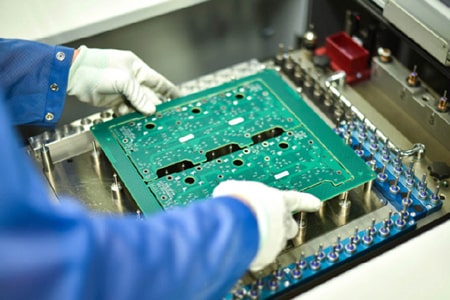Teflon PCB circuit board
Teflon PCB circuit board, also often called PTFE PCB or Teflon PCB, has a series of significant advantages, but it also has some disadvantages. So what are the advantages and disadvantages of Teflon PCB circuit board?

Teflon PCB circuit board - advantages:
High temperature resistance: Teflon PCB has a wide operating temperature range, up to 260°C, which allows it to maintain good performance in high temperature environments.
Low temperature resistance: Even at extremely low temperatures, Teflon PCB can maintain a certain degree of flexibility and mechanical toughness and is not easily brittle.
Corrosion resistance: It is inert to most chemicals and solvents and can withstand strong acids, alkalis and various organic solvents, which allows it to work stably in various harsh environments.
High insulation: Teflon PCB has excellent electrical insulation properties, which can effectively resist high-voltage electricity and ensure the stable operation of the circuit board.
Non-adhesive: Its surface tension is extremely small and it is not easy to adhere to any substance, which makes cleaning and maintenance relatively easy.
High lubricity: Among solid materials, Teflon has a relatively low coefficient of friction, which helps reduce friction and wear between components on the circuit board.
Teflon PCB board - Disadvantages:
Cold flow: Teflon materials have certain cold flow properties, which may cause small changes in the shape and size of the material in certain applications.
Processing difficulty: Due to the special properties of Teflon PCB, such as high lubricity and non-adhesion, its processing difficulty is relatively high. During the PCB routing and drilling process, problems such as gouging or tearing can easily occur.
Higher cost: Compared with traditional FR-4 materials, the cost of Teflon PCB is significantly higher. This is mainly due to its special production process and material costs.
In short, Teflon PCB circuit boards have significant advantages in high temperature, low temperature, corrosion resistance, insulation and lubricity, but they also have problems such as cold flow, difficulty in processing and high cost.







